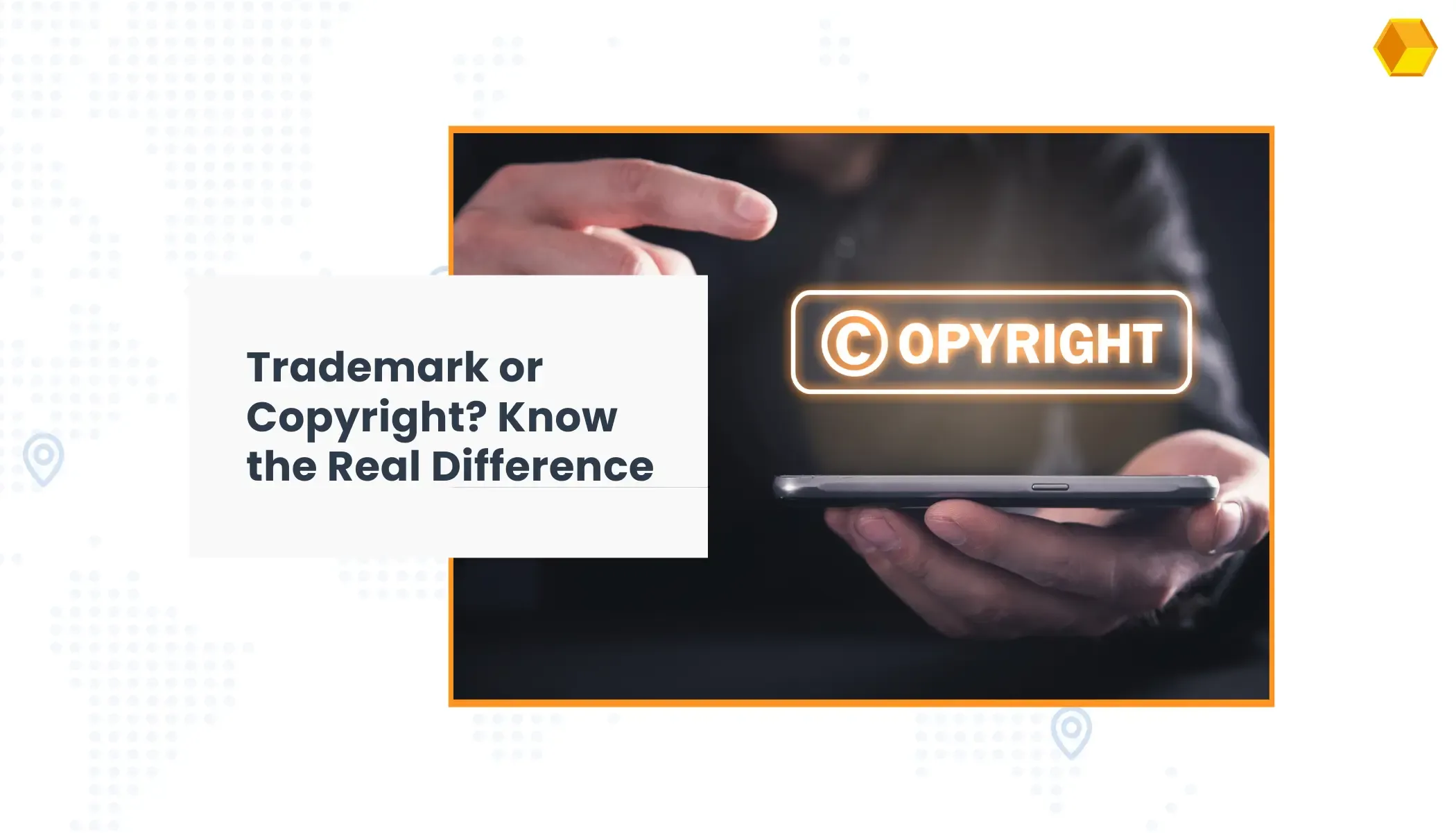
Understanding the Differences: Trademark vs. Copyright
Are you fully aware of what Intellectual Property rights mean? Can you register your trademark in the US, even if you're not from the US?
If you are using the words trademark, patent, and copyright, then you are referring to intellectual property. From creating your business logo to coming up with a domain name, startup businesses should be knowledgeable in intellectual property rights or risk infringement.
It is a common error for many to interchange the use of trademark and copyright.
Allow us to set the record straight.
First off, let's discuss Intellectual Property then delve into its subconcepts.
What is Intellectual Property
Often referred to as IP, Intellectual Property refers to the creation of the mind, or intellect, used in commerce. Creations, not ideas per se.
People are recognized for inventions, designs or symbols when their creation are registered as their own and protected against copy or misuse.
IP rights are global rights. You'll notice its application, especially in e-commerce. These three kinds of IP laws concern businesses especially those in e-commerce:
Patent
Inventions, solutions, processes and similar creations are protected by patents. The intellectual property of an inventor must be safeguarded under his or her ownership. This is in case someone else comes up with a similar concept or if your invention is used commercially without consent.
The upside down bottling valve Heinz and other shampoo manufacturers use is an invention of Paul Brown. Brown sold his company (including the rights to the valve) in 1995 for about $13 million.
If Brown did not have his valve patented, he could not have sold it.
Copyright
Copyright is also called Author's Right. It protects creative works like music, film, literature, and more. In principle, it prevents copying and using creative works for commercial purposes - without the author's consent.
An author must apply for a copyright to safeguard ownership even to a song. Remember the P. Diddy vs Sting shebang in 1997?
Because P.Diddy used but did not secure permission to use Sting's original song Every Breath You Take, courts ruled that Sting should be paid 100% of royalties to P.Diddy's version I'll Be Missing You. Around that time, this meant Sting received $2000 a day, for royalties because of P. Diddy's misuse of a copyrighted song.
Trademark
This legal term refers to the distinctive design, graphics, logo, symbols, words, or any combination, that uniquely and distinctively identifies a business or brand. This includes goods, services, and guarantees.
If you are an online business, domain names can be registered for a trademark. Before you choose a domain name, you have to take both marketing and legal standpoints into consideration.
Small businesses need to have interesting and witty names to be easily identified that match with their domain names.
The difference between Trademark and Copyright
While trademark and copyright both refer to protection against the misuse of an intellectual property, trademark strictly refers to a business brand.
If you are setting up a fried chicken joint, you can't name it Kentucky Fried Chicken because that name is already a registered trademark. But if KFC was to release a cookbook, they would have to apply for a copyright for it.
See the difference?
Some words, items or brands have different IP rights applied to it, either both trademark and/or copyright or patent. Protecting the property against all kinds of infringement.
Worldwide Trademark Registration
It's not a good idea to be confused with a major brand and end up looking foolish or with a lawsuit filed against you. Knowing trademark or copyright can help and protect your business.
You can register a trademark in one or more countries, regardless of where your activity started. A business located in Asia can apply for international IP protection. However, Implementing rules and regulations for IP protection vary in different countries.
It can be too much legal information for a small business without a legal counsel to handle. Experts at iGERENT provide cost-effective solutions for clients’ trademark, patent, copyright and even domain name dispute related needs.
Need experts to handle it for you? Explore our Intellectual Property Services and let us take care of the process.